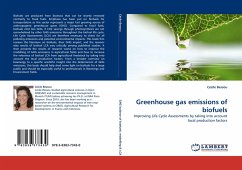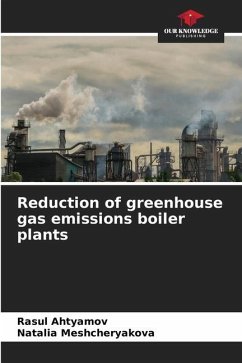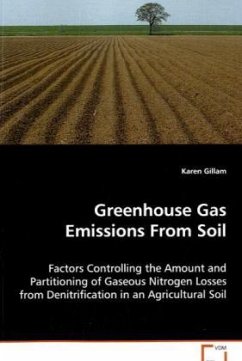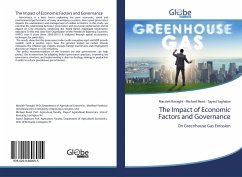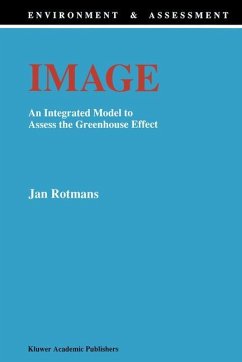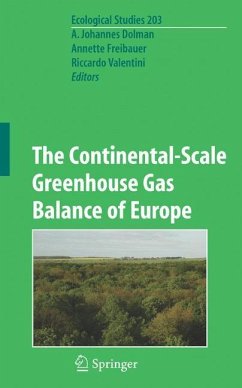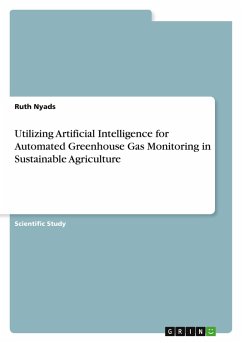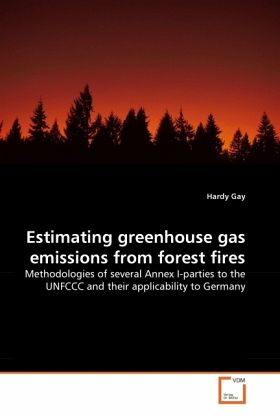
Estimating greenhouse gas emissions from forest fires
Methodologies of several Annex I-parties to the UNFCCC and their applicability to Germany
Versandkostenfrei!
Versandfertig in 6-10 Tagen
39,99 €
inkl. MwSt.

PAYBACK Punkte
20 °P sammeln!
The quality and credibility of national greenhouse gas inventories relies in the first place on the integrity and reliability of the methodologies used within the process of determining the amount of biomass in forests, estimating the resulting carbon-stocks and finally calculating emissions from ecological disturbances such as wildfires. Any discrepancies and arithmetical inaccuracies are of relevance in different areas and on different levels of politics and can have severe consequences concerning political decision-making in connection with a country's measures in the fields of climate chan...
The quality and credibility of national greenhouse gas inventories relies in the first place on the integrity and reliability of the methodologies used within the process of determining the amount of biomass in forests, estimating the resulting carbon-stocks and finally calculating emissions from ecological disturbances such as wildfires. Any discrepancies and arithmetical inaccuracies are of relevance in different areas and on different levels of politics and can have severe consequences concerning political decision-making in connection with a country's measures in the fields of climate change mitigation and adaptation. Since the accuracy of mathematical results (numbers, rates and amounts) produced by concerning arithmetical operations is therefore of utter importance, this work aims to evaluate the correctness and consistency of different methodological approaches in this connection applied by several Annex I-parties to the UNITED NATIONS FRAMEWORK CONVENTION ON CLIMATE CHANGE (UNFCCC).





